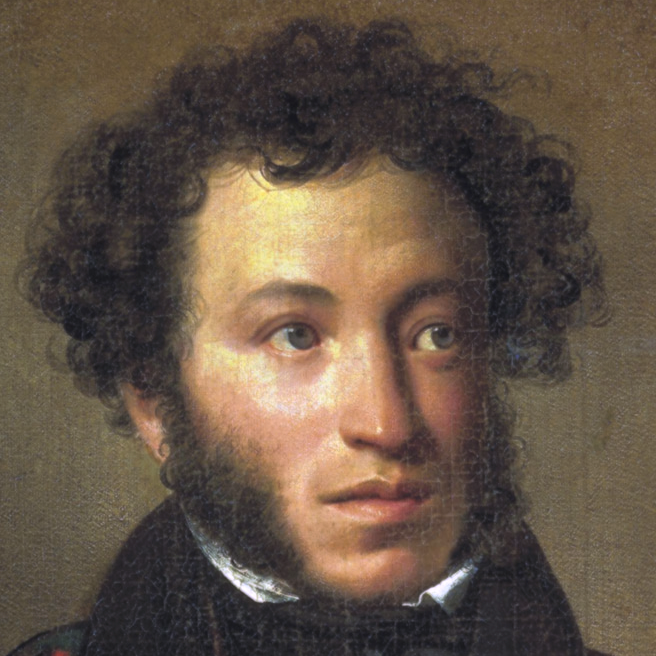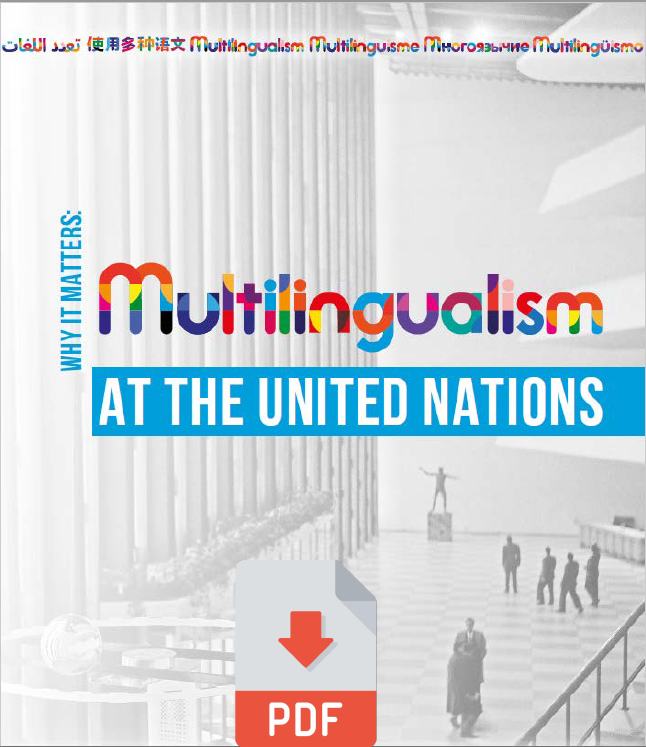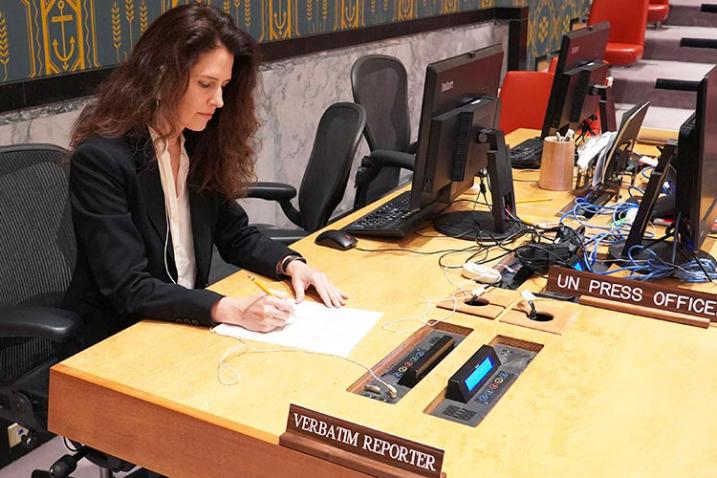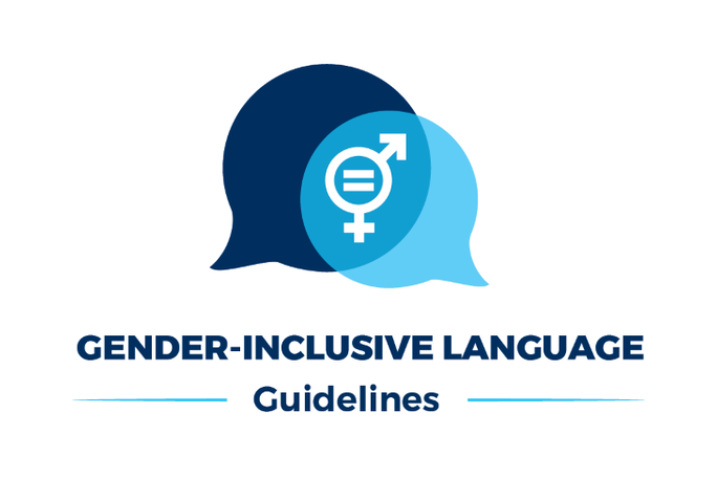As a conduit of the spoken and written word, the Slavic Russian language has an indisputable superiority over all European languages: its fate was extremely happy. In the XI century, the ancient Greek language suddenly opened to it its vocabulary, the treasury of harmony, gave it the laws of its considered grammar, its beautiful turns, the majestic flow of speech; in a word, adopted it, thus sparing it from the slow improvements of time. Already sound and expressive in itself, from then on it acquired flexibility and correctness. The common people's lexicon had to be separated from the literature; but later they came closer together, and this is the element given to us for communicating our thoughts.
Alexander Sergeyevich Pushkin
Celebrating the Russian language at the United Nations
Russian Language Day at the United Nations is celebrated on 6 June — the birthdate of Alexander Sergeyevich Pushkin, who is considered by many to be the greatest Russian poet, as well as the founder of modern Russian literature.
Russian Language Day is the result of a 2010 initiative by the UN's Department of Global Communications, establishing language days for each of the Organization's six official languages. The purpose of the UN's language days is to celebrate multilingualism and cultural diversity, and to promote equal use of all six official languages throughout the Organization.
Under the initiative, UN duty stations around the world celebrate six separate days, each dedicated to one of the Organization's six official languages. With the goal of increasing awareness and respect for the history, culture and achievements of each of the six working languages among the UN community, Language Days at the UN aim to entertain, as well as to inform.
Six Language Days:
Multilingualism is a Core Value of the United Nations - UN Secretary-General António Guterres
Multilingualism and the United Nations - One world, many languages
Multilingualism and the UN
An essential factor in harmonious communication among peoples, multilingualism is of particular importance to the United Nations. By promoting tolerance, multilingualism ensures effective and increased participation of all in the Organization’s work, as well as greater effectiveness, better outcomes and more involvement.
The balance among the six official languages has been an ongoing concern of the Secretary-General. From 1946 to the present, numerous activities have been undertaken to promote the use of the official languages, and to ensure that the United Nations, its goals and actions, are understood by the widest possible public.
In its resolution of 6 December 1999 (A/RES/54/64), the General Assembly invited the appointment of a senior Secretariat official to serve as coordinator of questions relating to multilingualism.
UN Strategic Framework on Multilingualism
Strategic Framework [pdf]:
Arabic | Chinese | English | French | Russian | Spanish
Multilingualism at the UN: Why it matters
Related observances
- International Mother Language Day, 21 February
- World Day for Cultural Diversity for Dialogue and Development, 21 May
- International Literacy Day, 8 September
- International Translation Day, 30 September
Resources
- Multilingualism at the UN
- Coordination of multilingualism
- United Nations Editorial Manual
- United Nations Multilingual Terminology Database (UNTERM)
- Competitive examinations for language professionals
- UN Language Programmes
- Language Learning at the UN
- Language proficiency examination
- Dag Hammarskjöld Library
- UNOG Library Research Guide on Multilingualism
- UN Digital Library







